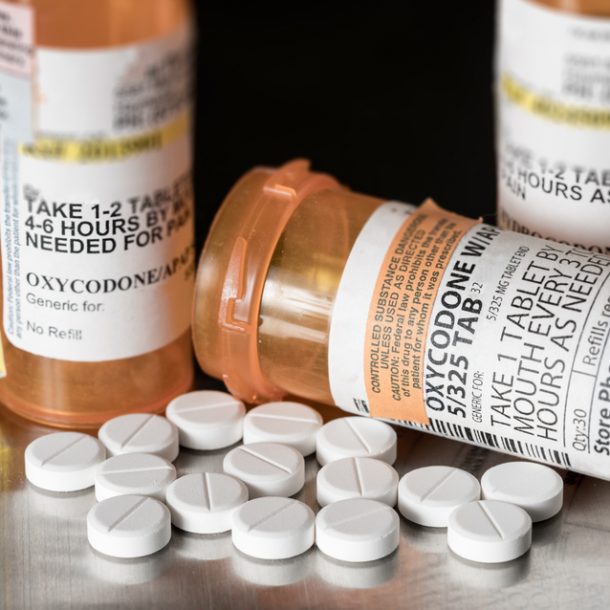
Post-traumatic stress disorder (PTSD) is a debilitating mental illness that has devastating effects on those who suffer from the disorder. The unresolved trauma people with PTSD experience severely disrupts their day-to-day lives to the point of total dysfunction. While there are excellent and proven treatment options for PTSD, many will turn to drugs and alcohol in order to cope with their intense feelings. Without dealing with the underlying roots of their condition, many who have PTSD also develop a substance abuse disorder. This creates a dual diagnosis condition that can be extremely difficult to treat.
This article will answer the question of how does PTSD impact addiction. We will define what PTSD is as a mental disorder and discuss the symptoms of this mental illness. Also, we will discuss how PTSD impacts addiction and, most importantly, where to find help. If you or a loved one are dealing with PTSD and addiction, call SoberMind Recovery Center today and learn more about our dual diagnosis treatment in Southern California.
What Causes PTSD?
The underlying cause of PTSD is unresolved trauma as a result of experiencing or witnessing a life-threatening event. While this disorder is most associated with military combat and other horrors associated with war, PTSD can develop from other major life-threatening events such as the following:
- Severe automobile accidents
- Natural disasters such as hurricanes, tornadoes, and volcanic eruptions
- Child abuse includes psychological, physical, and sexual abuse
- Sexual assault or prolonged/repeated sexual abuse
- Physical assault
PTSD can develop in all people regardless of age, culture, gender, or ethnicity. PTSD affects approximately 3.6% of all Americans. Additionally, 1 in 11 Americans will experience PTSD in their lifetime.
What are the Symptoms of PTSD?
The symptoms of PTSD can fit into the following four categories:
- Intrusive Thoughts–includes involuntary memories; distressing dreams; or flashbacks of the traumatic event. People feel they are re-living the traumatic experience over again or seeing it before their eyes.
- Avoidance–Avoiding of the people, places, activities, objects, and situations that may trigger memories of their past trauma. People will also try to not remember these events or even talk about them.
- Changes in Cognition and Mood–People who struggle PTSD struggle to remember important aspects of the traumatic event. As a result, people beliefs about themselves and others are distorted.
- Changes in Arousal and Activity--Arousal and reactive symptoms may include being irritable and having angry outbursts. People with PTSD may also act recklessly and engage in high-risk behavior.
How Does PTSD Affect Addiction?
For many people with PTSD, they will attempt to cope with their feelings and behaviors through the use of drugs and alcohol. In many ways, PTSD and addiction go hand in hand. While there are many excellent treatment options that help people address and manage their condition, many are reluctant to seek treatment. The big reason is the perceived stigma of mental illness. Even though there is plenty of empirical evidence showing the contrary, a high percentage of people think that PTSD and other mental illnesses are a sign of weakness and being “broken.”
As a result, people will use substances in order to cope with their feelings. PTSD and substance abuse creates a vicious cycle. People use drugs to feel better and more “human”, and the feelings of peace and stability are short-lived. When people with PTSD fail to address the underlying issues of their condition, it will grow worse over time. Once the effects of substances wear off, people will take greater quantities to achieve the desired effect. Without professional intervention, people can develop a substance abuse problem in addition to their pre-existing PTSD issue. This dual diagnosis condition is much more difficult to treat and requires specialized help.
Finding PTSD Addiction Treatment Near Me
The connection between PTSD and addiction is serious and can be life-threatening. Being able to learn how PTSD affects addiction is crucial in finding the right help. If you or a loved one are dealing with PTSD and substance abuse, call SoberMind Recovery Center today. Our dual diagnosis programs are evidence-based, extensively tested, and proven to work no matter the severity of your issues. Our experienced and dedicated treatment staff will work with you to create an individualized treatment program that perfectly fits your needs throughout your treatment stay.
Call SoberMind Recovery Center toll-free today and take back control of your life. SoberMind Recovery Center is a premier Southern California rehab. Learn more about our inpatient rehab programs in Southern California today.
About Us


